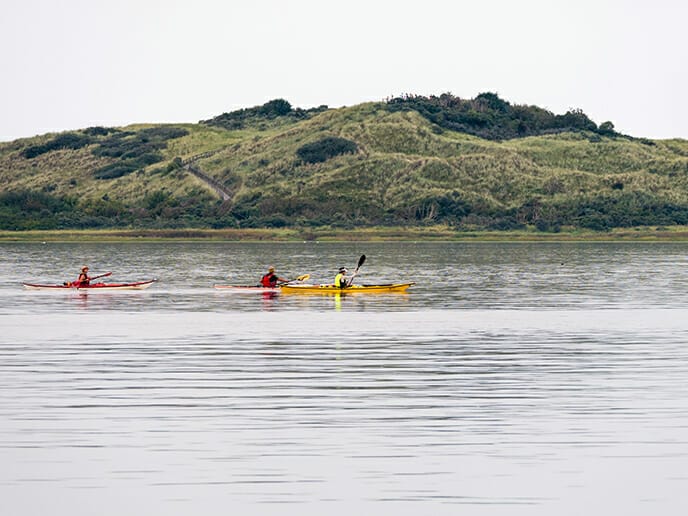The Netherlands’ Achmea Investment Management, Blue Sky Group and SPF Beheer, with a combined €172 billion ($195 billion) in assets under management, have established a joint platform for co-investment in private equity. All three have about 3-5 per cent of their AUM in private equity, mostly in pooled funds; the trio aims to halve costs and gain access to co-investment deals by working together.
Blue Sky Group runs €22 billion ($24 billion) for three schemes sponsored by Dutch airline KLM. SPF Beheer manages €20 billion ($22 billion) for clients including railways scheme SPF and the public transport pension fund SPOV. Achmea IM, with €130 billion ($147 billion) under management, runs the balance sheet for Holland insurance group Achmea and is also the fiduciary adviser for about 30 independent pension funds.
Jos van Gisbergen, senior portfolio manager for private equity at Achmea, speaks to Top1000funds.com about the rationale behind the collaboration.
What is the background to the private equity platform?
The three of us have always run our own private equity programs with our own activities, going out into the world, hunting the same opportunities. We said OK, it’s time to stop dividing up this landscape and work together. The platform is a program for co-investment and promises a bright future for all three of us and any third parties that want to join. We hope people will see this platform in operation and see how it works. We would like it to expand in the Dutch market.
How does it work?
Each of the third parties will decide annually how much they want to invest and will bring that money for co-investment. We will co-invest with GPs, we won’t go direct. We will focus on choosing managers with deep knowledge and specialism.
How popular has it been with GPs?
We have found that GPs like this structure because it is better to have a combined group with more capital to commit. With the platform in place, they know the money is there. Today in the co-investment market, it is increasingly common for money not to be available when the deal comes through the door. This structure is different and allows us to act quickly. However, in some ways, it is also more challenging for GPs having a bigger group the other side of the negotiating table. Divide and conquer has served GPs well; when we invest on our own, we pay higher prices.
Private equity funds usually charge management fees based on assets, including cash yet to be invested or un-called capital. How will this platform operate?
The fund will run a pool of capital on an annual basis. If there are no co-investment opportunities through the course of a year, rather than remain as uncalled capital, the money is freed up and released for the following year in new opportunities. We don’t operate like traditional private equity around committed capital and the fees that this incurs. We are paying fees only on invested capital. This is a new structure that is coming out of the pension community. We are not like other groups out in the market needing to maximise their returns in the short term. This is a product for our community and owned by our community.
What sort of fees do you pay?
As soon as a deal comes through the door and we have screened it and approved it – and the deal closes – we then pay a fee to reflect the extensive work of our GP partners. In the first year, we estimate that we will halve the cost of our private equity investment on a total expense ratio. There are good returns in this industry, and it’s the people providing the risk capital – not just the GPs – who should be rewarded.
Could this model be rolled out into other illiquid markets?
We hope that this platform is a first step in facilitating co-investment in other illiquid markets where pension funds can combine their efforts and resources to avoid the fee burn. A lot of pensions want to invest in the alternative space, but many have only small teams and can’t invest here in an efficient and structured way.



